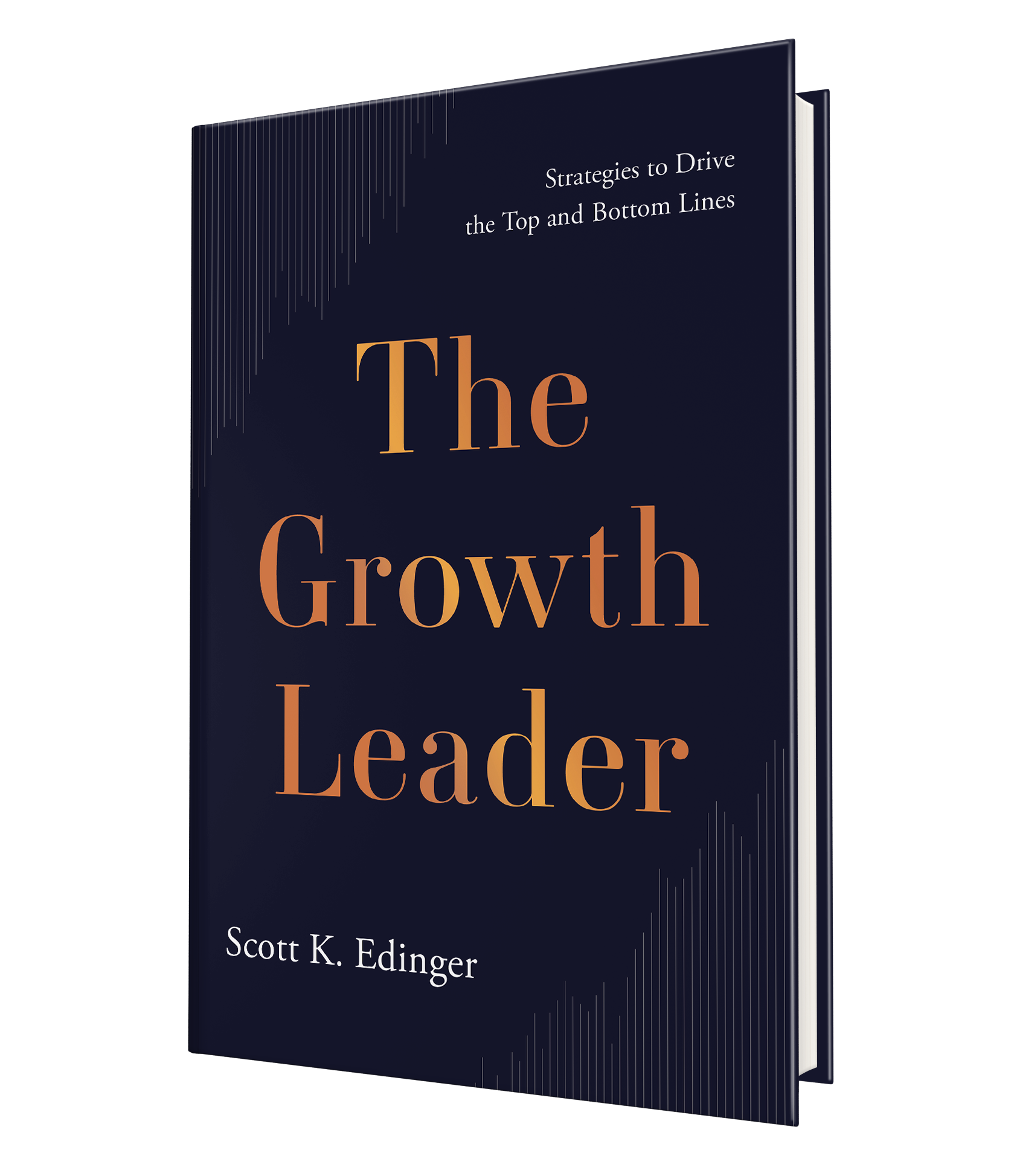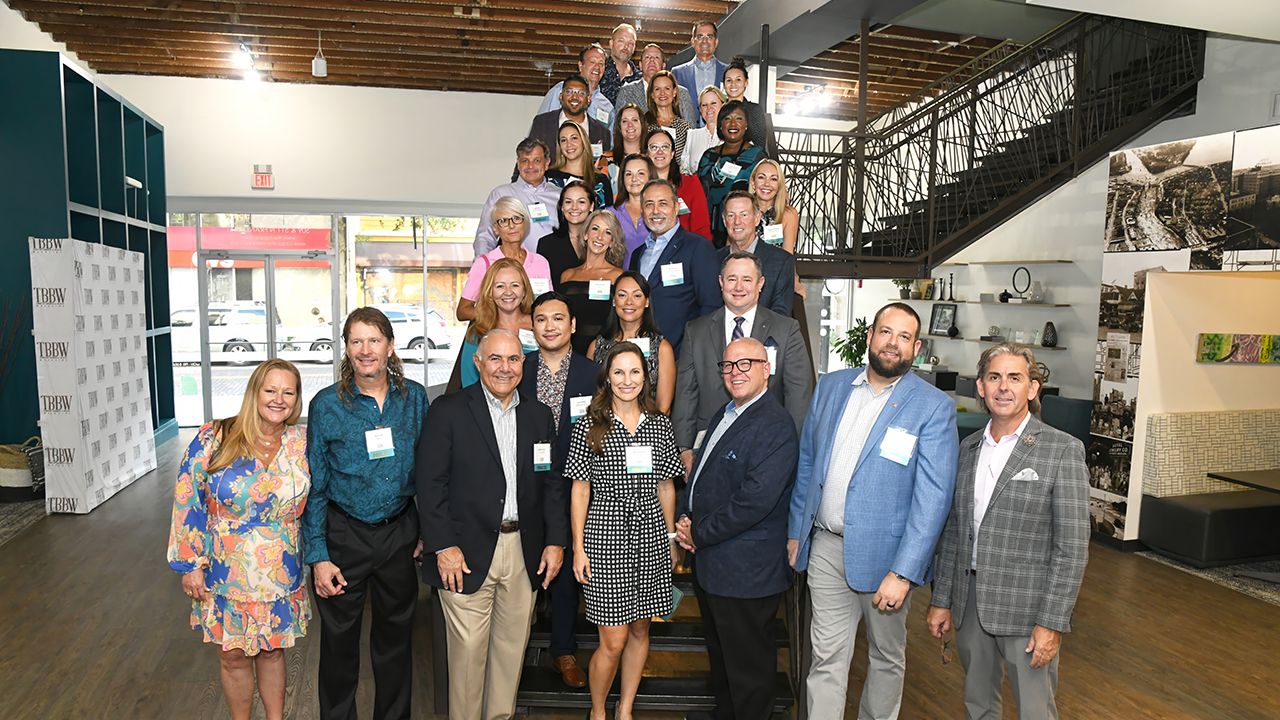For nearly three years, companies have struggled with the question of how much time employees should spend in the office. Despite the passage of time, finding a definitive answer remains an ongoing challenge. The pendulum continues to swing back and forth between the idea that remote work is now a permanent, and unassailable, feature of corporate America and the belief that the office will eventually return to its historic place as the center of company operations.
The back-and-forth nature of this debate can sometimes appear amusing. This summer, AT&T announced a policy requiring more in-office work and leased one of the very same facilities they previously vacated and Snapchat is currently searching for office space in San Francisco, after closing their offices in that city last year. Even Zoom, the very embodiment of the concept of remote work, tightened its policy, this summer, to require employees to spend more time in the office and, presumably, use their own product less.
This article is not intended to endorse a particular way to work or to predict the future of the office. It is instead intended to encourage some ways to think about facilities in the context of how companies can build a successful and sustainable organization. A company’s facilities strategy should support healthy organizational dynamics within their workforce.
In a recent Harvard Business Review article titled “10 Principles of Effective Organizations,” Michael O’Malley outlines key values for cultivating a thriving team. Nearly all these values, such as “Encourage Cooperation,” “Promote Personal Growth” and “Create an Inclusive Environment” suggest the importance of personal relationships among employees. Mr. O’Mally writes “friends cooperate more than strangers … good companies expend a great deal of energy creating strong social bonds among employees.” A company’s facilities should encourage healthy social relationships which, in turn, provide a foundation for business success. Location, design and functionality are all key components in creating the right physical environment for coworkers to bond.
Wellness plays a fundamental role in fostering a healthy, and productive, workforce. Company facilities can incorporate various features, and amenities, that support employee well-being. For instance, providing well-designed workspaces with ample natural light, ergonomic furniture and dedicated areas for relaxation, or exercise, can contribute to physical and mental wellness. Additionally, incorporating green spaces or indoor plants can enhance air quality and create a more calming environment.
Connection to the community is another vital aspect that company facilities should consider. A company’s facility signals their commitment to your community and gives a physical identity to your organization, which has numerous benefits for both employees and the organization as a whole. Companies can establish partnerships with local nonprofit organizations, participate in community service activities or organize volunteering initiatives. These efforts not only contribute to social responsibility but also create a sense of purpose, and fulfillment, among employees.
Moreover, company facilities can serve as platforms for community engagement. Hosting events, workshops or seminars that are open to the public can foster connections with local residents, businesses and organizations. This not only enhances the company’s image but also provides opportunities for networking, collaboration and knowledge sharing.
By prioritizing wellness, and connection to the community, in context of company facilities, organizations can create an environment that promotes employee satisfaction, engagement and a sense of belonging. Such an environment not only contributes to the overall success of the company but also helps attract and retain top talent, as employees are more likely to thrive in an environment that values their well-being and fosters meaningful connections.
Looking ahead, companies must continue to navigate the complexities of the evolving work landscape. Striking the right balance between remote and office-based work is a multifaceted challenge. While remote work offers flexibility and autonomy, the office provides opportunities for collaboration, relationship-building and a shared sense of purpose. By crafting a facilities strategy that supports employee well-being, encourages cooperation and fosters personal growth, companies can create an environment that nurtures a successful, and connected, workforce.
Ultimately, the future of work lies in striking a harmonious blend of remote and in-person collaboration, where company facilities serve as catalysts for wellness, connection and productivity.


Gilbert Broco is the Market President and Drew Marshall is the CEO for CI Group, which is based in Tampa Bay and has seven locations across the Southeastern, US. CI Group provides business interiors products to assist companies and organizations in outfitting their facilities.















